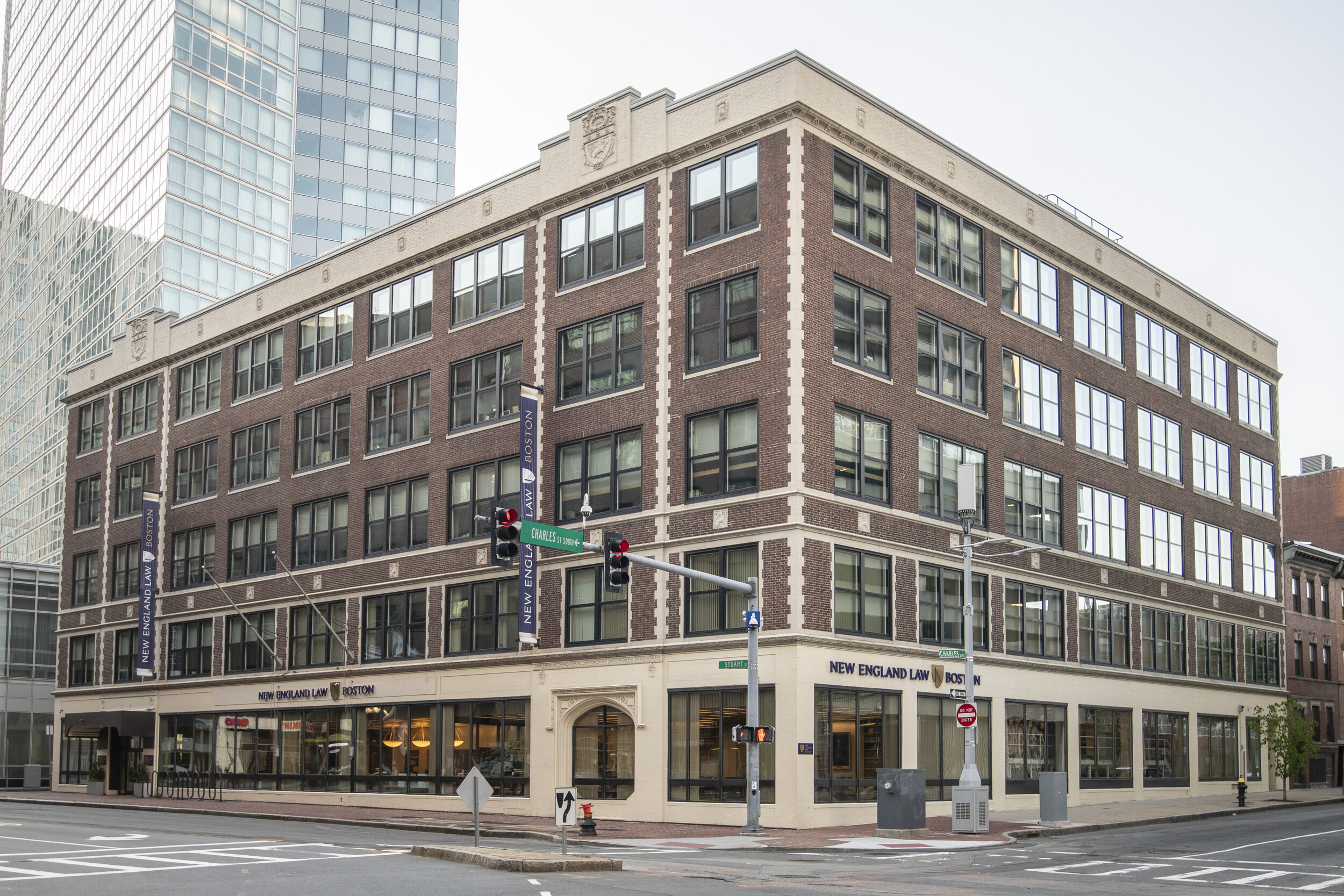Previous Symposia
Shaping the Bar: The Future of Attorney Licensing
Professor Joan Howarth
Spring 2023
Shaping the Bar describes how current attorney licensing practices are failing the public and the practice of law. Howarth explores the systemic disadvantages people of color face while attempting to join the legal profession in both law school and taking the bar. Howarth discusses ways to improve our current system and create a more diverse and competent legal profession.
Tyrants on Twitter: Protecting Democracies from Information Warfare
Professor David Sloss
Fall 2022
Tyrants on Twitter does a deep dive into how Chinese and Russian agents used Facebook, Instagram, Twitter, and YouTube as a weapon to destabilize the 2016 U.S. election. In addition, Sloss explores Russia's use of foreign influence operations to threaten democracies in Europe, as well as China's use of social media to interfere in Western democracies.
Spring 2022
Identity Capitalists: The Powerful Insiders Who Exploit Diversity to Maintain Inequality
Professor Nancy Leong
In this groundbreaking book, Identity Capitalists, Leong coined the term "identity capitalist" to label the powerful insiders who eke out social and economic value from people of color, women, LGBTQ people, the poor, and other outgroups. Leong deftly uncovers the rules governing a system all Americans must survive: the identity marketplace.
Fall 2021
Prisoner of Politics: Breaking the Cycle of Mass Incarceration
Professor Rachel Barkow
Prisoner of Politics focuses on how the United States has the highest incarceration rate in the world, yet society would be safer if there were fewer people in prison. Barkow argues that the focus on “tough on crime” is not helping the United States but rather transforming our criminal justice system into a façade based on our government's whims.
The Color of Creatorship: Intellectual Property, Race, and the Making of Americans
Professor Anjali Vats
Spring 2021
In The Color of Creatorship, Vats argues that intellectual property formation in the United States reflects and shapes racial formation. The Color of Creatorship explores copyright, trademark, and patent discourses and argues that it is interwoven together, operating to form American ideals about race.
Usual Cruelty: The Complicity of Lawyers in the Criminal Injustice System
Attorney Alex Karakatsanis
Fall 2020
Through a series of three powerful essays, Karakatsanis explores the criminal justice system through the lens of a former public defender and current radical movement lawyer, urging law students and practicing attorneys alike to examine their complicity in perpetuating what he refers to as "the punishment bureaucracy." In Usual Cruelty, Karakatsanis asks us to critically examine our growing spheres of power and influence in an effort to become more human lawyers.
Spring 2020
Corporations Are People Too (And They Should Act Like It)
Professor Kent Greenfield
Corporations Are People Too (And They Should Act Like It) dives into the complexity of corporations within the United States judicial system. Greenfield argues corporations should have personhood, identifying the Constitution as support that corporations have partial rights. Corporations Are People Too (And They Should Act Like It) focuses on the problem of who corporations speak on behalf of rather than their right to speak at all.
Visit the Symposium Archive or New England Law ReviewYouTube to see other past symposiums
Barred: Why the Innocent Can’t Get Out of Prison
Professor Daniel Medwed
Fall 2023
On November 7th at New England Law | Boston, author and scholar Daniel Medwed led our symposium discussing how the United States’ current justice system keeps people in prison rather than crime, identifying the factors in his book Barred: Why the Innocent Can’t Get Out of Prison. Professor Medwed identified how the procedural rules within the justice system often lead to the punishment of innocent people. Professor Medwed was joined by a panel of esteemed attorneys and scholars: Aliza Hochman-Bloom, Cynthia Godsoe, Justin Murray, and Elizabeth Webster.
